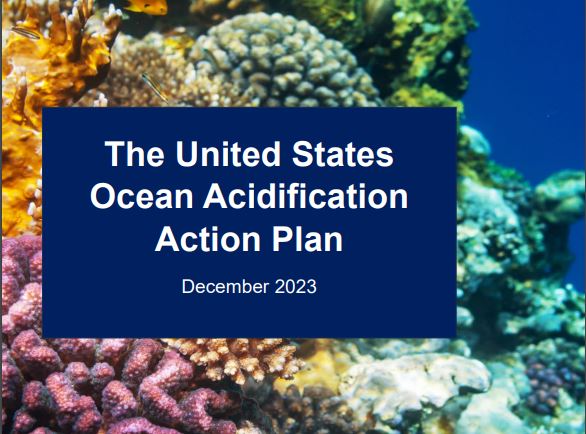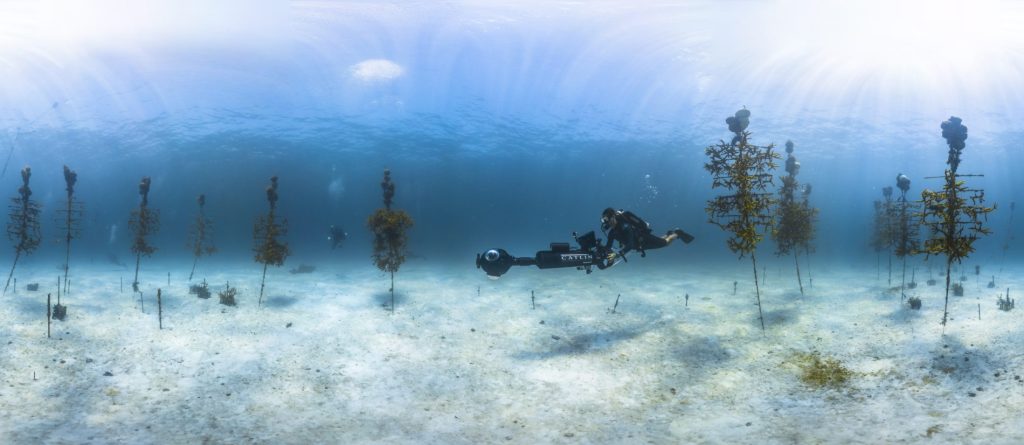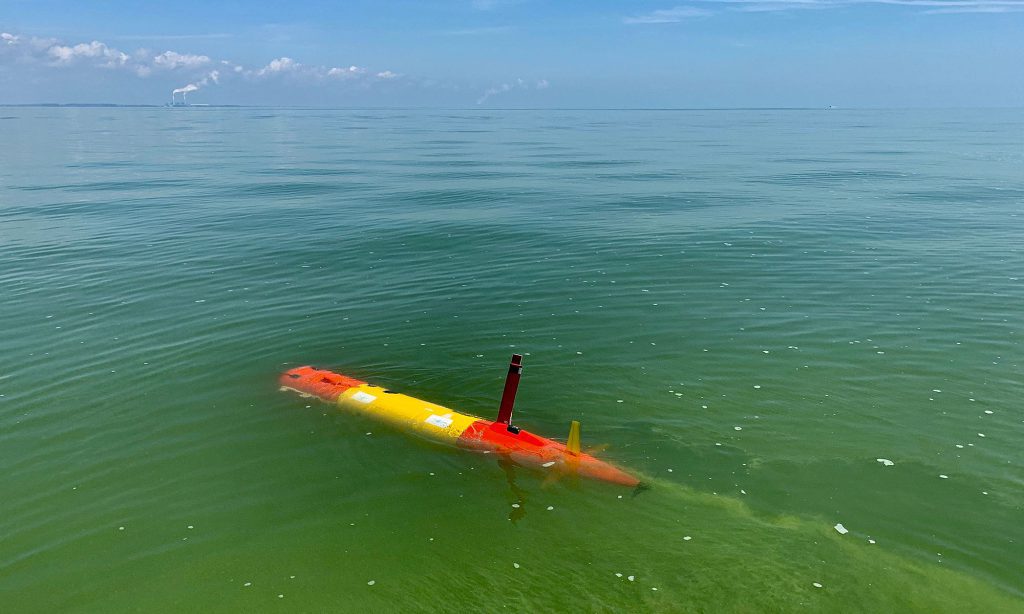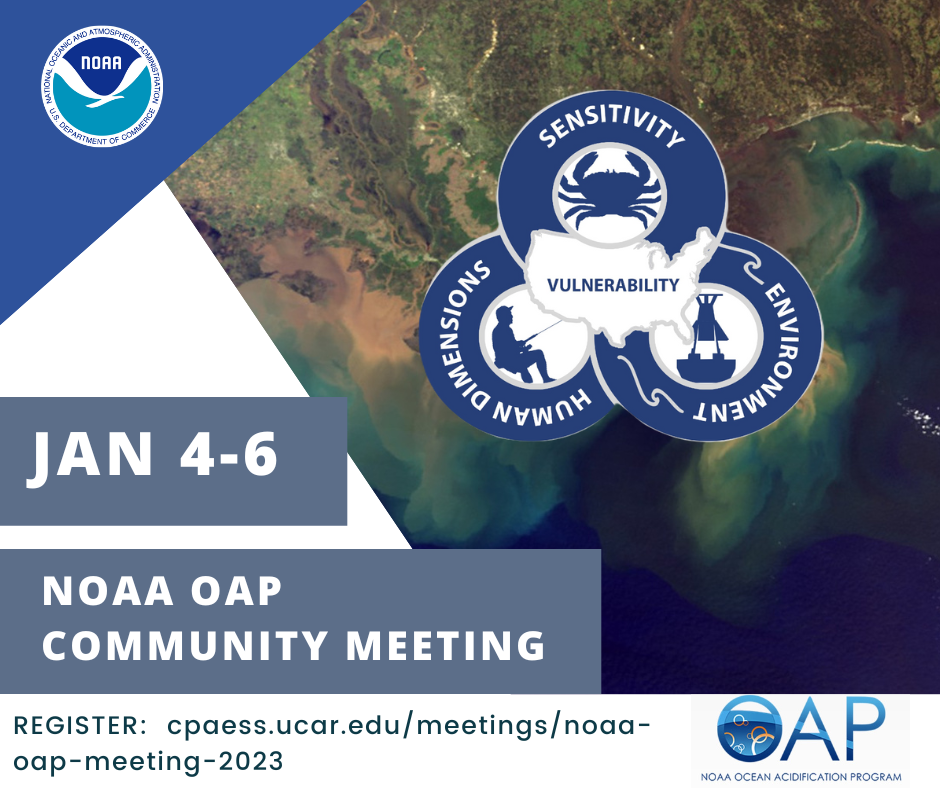U. S. Ocean Acidification Action Plan Released
A Roadmap for the other National Ocean Acidification Action Plans The United States released the U.S. Ocean Acidification (OA) Action Plan during the United Nations Climate Change Conference (COP28) on December 10, 2023. This side event was co-hosted by NOAA Ocean Acidification Program, U.S. Department of State, and International Alliance to Combat Ocean Acidification (‘OA […]
U. S. Ocean Acidification Action Plan Released Read More »






